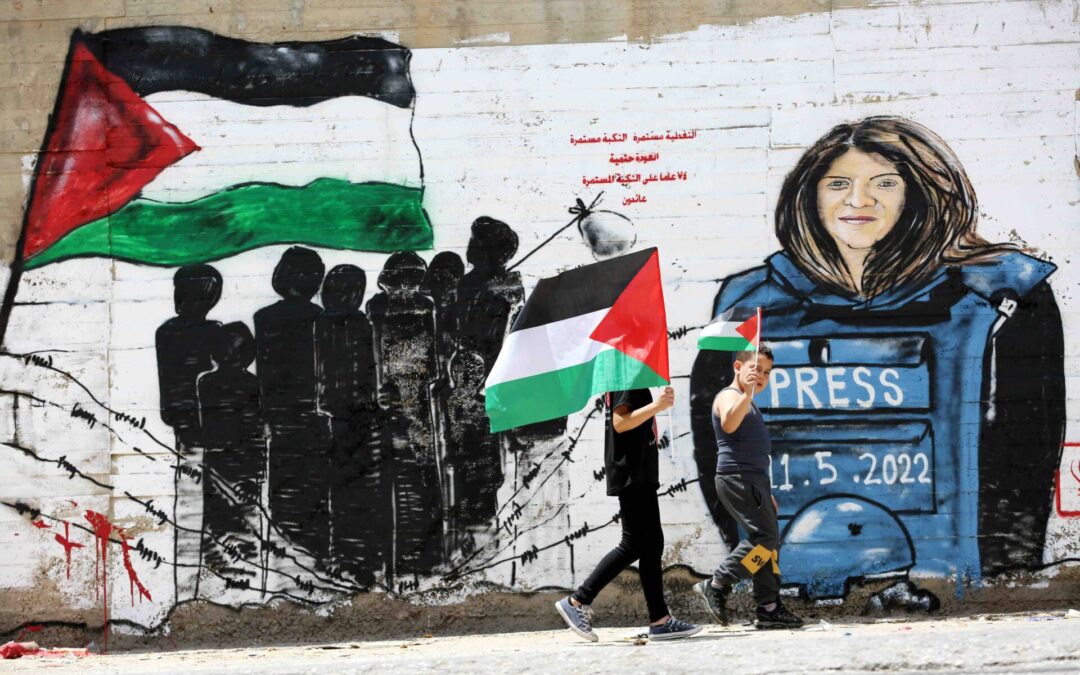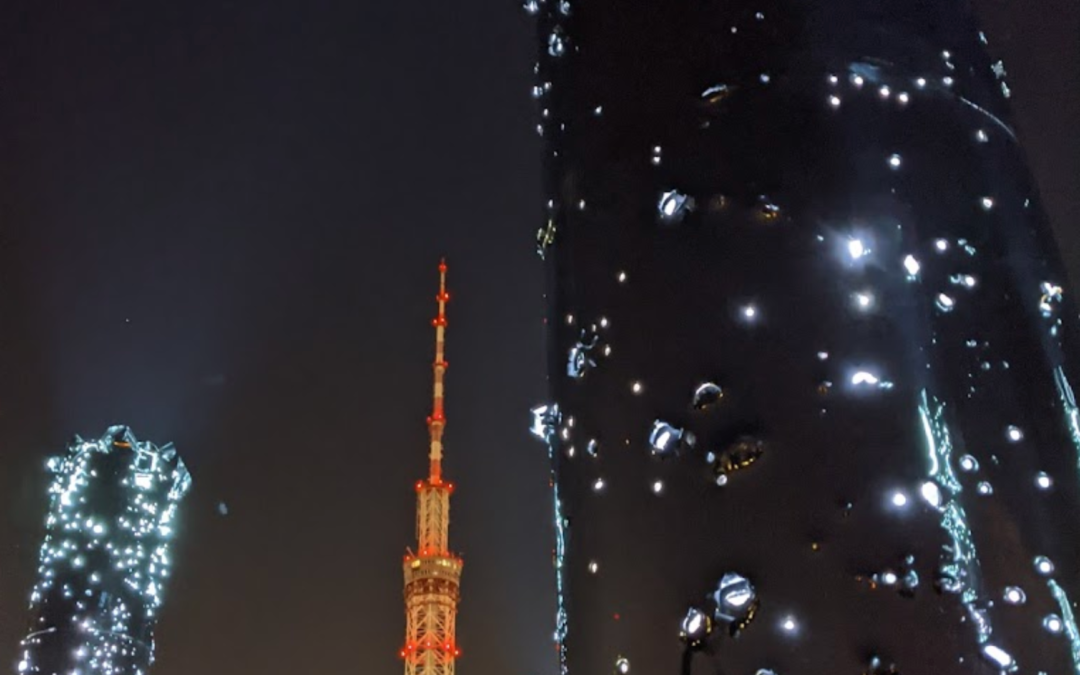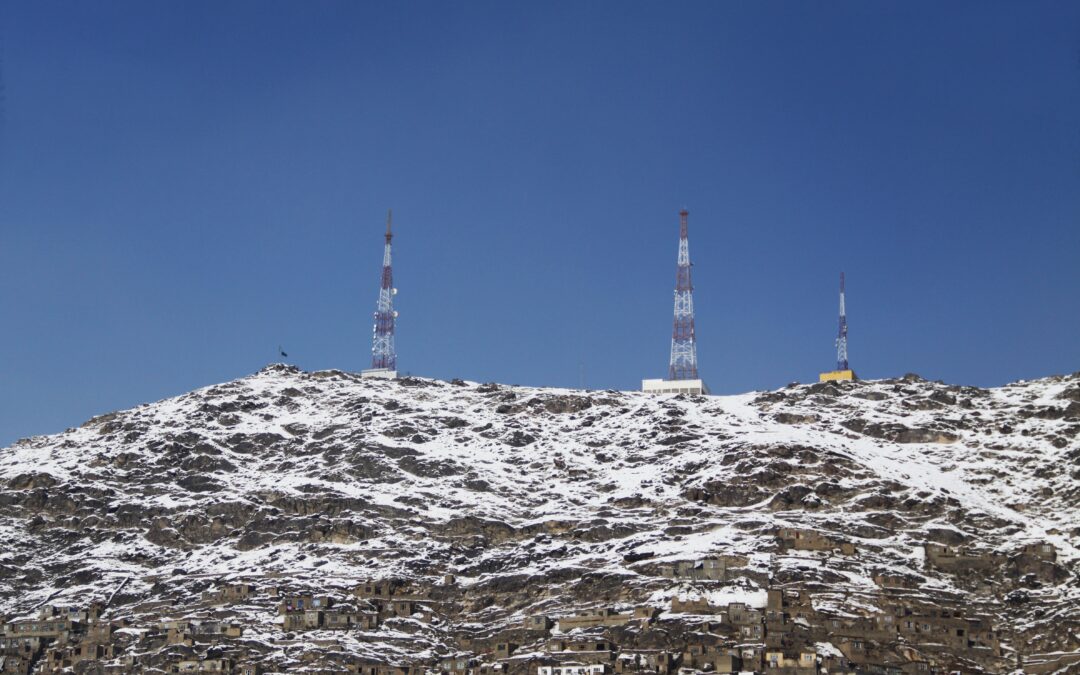
AIB and many major news organisations express solidarity with Gaza journalists
AIB and many major news organisations express solidarity with Gaza journalists
Dozens of news organisation leaders from across the world, including the Association for International Broadcasting, Associated Press, Agence France-Presse, and Reuters, have joined an open letter (full text below) affirming their solidarity with journalists reporting in Gaza.
The letter, coordinated by the Committee to Protect Journalists (CPJ) with the support of the World Association of News Publishers (WAN-IFRA), demonstrates strong and unified support for colleagues reporting from Gaza in the deadliest conflict for journalists ever documented by CPJ.
“For nearly five months, journalists and media workers in Gaza – overwhelmingly, the sole source of on-the-ground reporting from within the Palestinian territory – have been working in unprecedented conditions,” the letter reads. “…These journalists – on whom the international news media and the international community rely for information about the situation inside Gaza – continue to report despite grave personal risk.”
The letter goes on to remind the international community that journalists are civilians and authorities must protect journalists as noncombatants according to international law.
A total of at least 94 journalists have been killed in the Israel-Gaza war; the majority of them (89) were Palestinians killed by the Israeli military.
The signatories include outlets from Estonia, France, Germany, Ireland, Israel, India, Japan, Jordan, Kenya, Lebanon, Mexico, Pakistan, the Philippines, Qatar, South Africa, the United Kingdom, and the United States.
Additional signatories are welcome. Please contact letter@cpj.org to add your news organisation, including name of signatory, title, and name of organisation.
Open letter on journalists in Gaza
We, the undersigned, stand united with Palestinian journalists in their call for safety, protection, and the freedom to report.
For nearly five months, journalists and media workers in Gaza – overwhelmingly, the sole source of on-the-ground reporting from within the Palestinian territory – have been working in unprecedented conditions: at least 89 have been killed in the war, according to the Committee to Protect Journalists, more journalists than have ever been killed in a single country over an entire year.
These journalists – on whom the international news media and the international community rely for information about the situation inside Gaza – continue to report despite grave personal risk. They continue despite the loss of family, friends, and colleagues, the destruction of homes and offices, constant displacement, communications blackouts, and shortages of food and fuel.
Journalists are civilians and Israeli authorities must protect journalists as noncombatants according to international law. Those responsible for any violations of that longstanding protection should be held accountable. Attacks on journalists are also attacks on truth. We commit to championing the safety of journalists in Gaza, which is fundamental for the protection of press freedom everywhere.
Signatories
- Kim Godwin, President, ABC NEWS
- Phil Chetwynd, Global News Director, Agence France-Presse
- Hossam Kanafani, Editor in Chief, Al-Araby Al-Jadeed
- Nora Younis, Founder and Editor-in-Chief, Al-Manassa, Egypt
- Alaa al Ghatrevy, Editor in Chief, Al Masry Al Youm, Egypt
- Ghassan Hajjar, Managing Editor, An-Nahar, Lebanon
- Rawan Damen, Director General, ARIJ (Arab Reporters for Investigative Journalism)
- Shiro Nakamura, President, The Asahi Shimbun, Japan
- Nicole Dungca, President, Asian American Journalists Association, United States
- Julie Pace, Executive Editor, Associated Press
- Simon Spanswick, Chief Executive, Association for International Broadcasters
- Deborah Turness, CEO, BBC News
- Hikmet Adal, Editor, Bianet, Turkey
- Ingrid Ciprián-Matthews, President, CBS News
- Mark Thompson, Chairman and CEO, CNN Worldwide
- Daoud Kuttab, Director General, Community Media Network, Jordan
- Branko Brkic, Editor in Chief, Daily Maverick, South Africa
- Alia Ibrahim, Co-founder and CEO, Daraj, Lebanon
- Dirk Kurbjuweit, Editor in Chief, Der Spiegel, Germany
- Barbara Junge, Editor in Chief, Die Tageszeitung, Germany
- Ulrike Winkelmann, Editor in Chief, Die Tageszeitung, Germany
- Khaled Elbalshy, President, Egyptian Journalists Syndicate
- Mohamed Saad Abdel Hafiz, Egyptian Journalists Syndicate / Managing Editor, Al-Shorouk, Egypt
- Patrick Mayoyo, Director Editorial Innovations, Eyewitness Africa, Kenya
- Roula Khalaf, Editor, Financial Times, UK
- Giuseppe Di Maula, Editor in Chief, FotosIntensi, Italy
- Laurie Hays, Editor in Chief/CEO, The Fuller Project
- Katharine Viner, Editor in Chief, The Guardian
- Aluf Benn, Editor in Chief, Haaretz
- Geordie Grieg, Editor in Chief, The Independent
- Sandy Prieto-Romualdez, Chairperson, Inquirer Group of Companies, Philippines
- Deirdre Veldon, Managing Director, former Deputy Editor, The Irish Times, Ireland
- Rachel Corp, Chief Executive, ITN, UK
- Andrew Dagnell, Editor, ITV News, UK
- Amir Rotem, Editor in Chief, Local Call
- Terry Tang, Interim Executive Editor, Los Angeles Times
- Mohammed Al-Fazari, CEO and Editor in Chief, Muwatin Media Network
- Rameeza Nizami, Managing Director, Nawaiwaqt Group, Pakistan
- Pamella Sittoni, Group Managing Editor, Nation Media Group, Kenya
- Yvette Cabrera, President, National Association of Hispanic Journalists, United States
- Rebecca Blumenstein, President, Editorial, NBC News
- David Remnick, Editor, The New Yorker
- AG Sulzberger, Publisher, The New York Times
- Edith Chapin, SVP & Editor in Chief, NPR, United States
- Martha Ramos, President, World Editors Forum / Chief Editorial Officer, Organización Editorial Mexicana, Mexico
- Amalie Kestler, Managing Editor in Chief, Politiken, Denmark
- Hans Väre, Editor in Chief, Postimees Grupp, Estonia
- Alan Rusbridger, Editor, Prospect magazine, UK
- Lara Bitar, Editor in Chief, The Public Source, Lebanon
- Ritu Kapur, CEO, The Quint, India
- Maria Ressa, CEO and Co-Founder, Rappler, Philippines
- Alessandra Galloni, Editor in Chief, Reuters, UK
- Ayman Mhanna, Executive Director, Samir Kassir Foundation, Lebanon
- Kamal Siriwardana, Editor in Chief, SMN24Media, Sri Lanka
- Nwabisa Makunga, Editor in Chief, The Sowetan, South Africa
- Esther Ng, Chief Content Officer, Star Media Group Berhad, Malaysia
- Wolfgang Krach, Editor in Chief, Süddeutsche Zeitung, Germany
- Wafaa Haidar, Director, Tele Liban, Lebanon
- Anne Marie Owens, Editor in Chief, Toronto Star, Canada
- Lyas Hallas, Co-founder/CEO, Twala, Algeria
- Fernando Belzunce, Editorial Director, Vocento, Spain
- Assaad Maroun, Chairman / General Manager, Voice of Lebanon
- Sally Buzbee, Executive Editor, The Washington Post
- Vincent Peyrègne, CEO, World Association of News Publishers (WAN-IFRA)
- Ghousoon Bisharat, Editor in Chief, +972 Magazine
- Nancy Prager-Kamel, Chairperson, Association of Foreign Press Correspondents, United States
- Julia Montfort, Editor in Chief, Guiti News, France
- Elena Cosentino, Director, International News Safety Institute, UK
- Ebele Okobi, CEO, The New Humanitarian
- Laurent Richard, Founder and Executive Founder, Forbidden Stories, France
- Marc Saikali, Chairman, Ici Beyrouth and This is Beirut, Lebanon
- Maha Al Bahnasawi, Managing Director, ONA Media Services, Egypt




